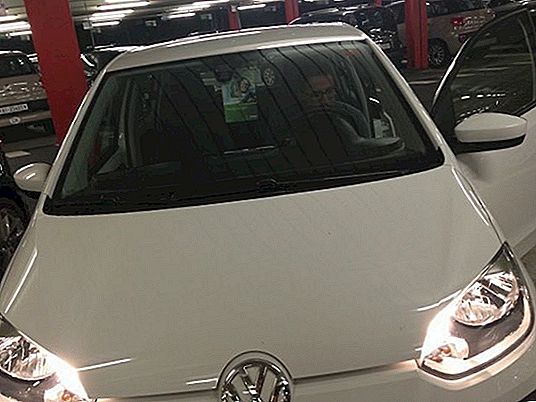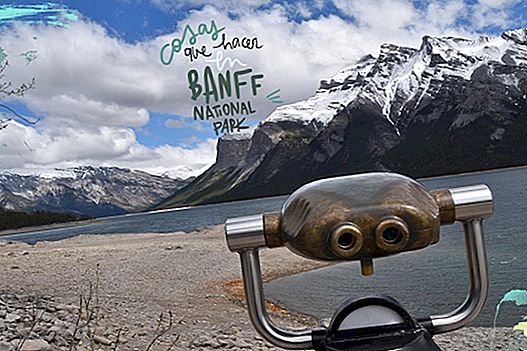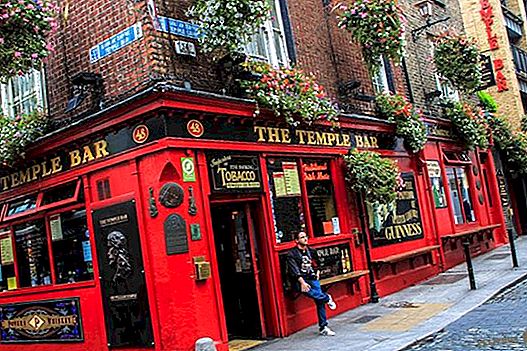
This is one of the most delicate chapters of your set-up in New Zealand. Buy you a car! Although it is not as complicated as it seems and as it really is in our countries. Next we will try to explain the steps to buy a van in New Zealand:
If you want to drive in New Zealand you will have to have a valid license: the international driving license, for example. If you only have a license from your country, you can take it for an official translator to write you a certificate. Obviously you can also take out the New Zealand driver's license, but come on it is a waste of time and money if you only plan to be for a limited period of time.
We needed a van where we could sleep and equipped to cook. But where to find them? There are websites of advertisements where different vans (vans) are published every day. Take a look, make the filters and contact by email or by phone with the owners. In many cases the initials O.N.O (or near offer) appear next to the price, which means that the price is negotiable. Some of the websites are: gumtree, trademe, backpackerboard or autotrader. In Facebook There are also groups where individual ads are published daily.
Another option is the “car fairs“, Or car fairs, where sellers meet (paying a fee of about $ 30) to offer their cars. We found her there and saw many good offers. In Auckland there are several, usually on Saturdays or Sundays in the morning. Some are the Auckland City Carfairon saturdays or the Ellerslie Carfair Sundays.
There are some concepts with which you have to start to familiarize yourself when buying a car in New Zealand, such as the REG or the WOF. In addition to the subject mechanical: We did not know much about mechanics (to say nothing), but based on looking for information and comparing advertisements, we have left some small notions. This is what you have to keep in mind before deciding:
1. REG in rule. It is a fee that must be paid, such as a traffic tax. It costs around $ 30 or $ 35 per month and can be paid for 1 or several months, leaving more profitable if you do it for several. In any Post shop or AA office (The Automobile Association), VINZ (Vehicle Inspection New Zealand) and VTNZ (Vehicle Testing New Zealand) they do.
2. WOF in order. It is the "waranty of fitness", or a kind of ITV. You have to spend it every 6 months for old vehicles. They usually check that the car is not a danger (safety issues such as belts, lights, brakes, tires, etc). If when you pass it is not ok they will tell you what things you have to change and you will have a period of 28 days to return and pass it. In many workshops they do it and it costs between $ 40 and $ 80.
3. Car history (car history checks). This report details important information such as the history of owners, the mileage in each last WOF, if you have had any problems with the law ... These types of vehicles will have passed through the number of hands. It is best to choose one that has not been bought and sold many times. On the web carjam putting the registration you can get a free first report, and paying $ 20 for a more detailed one.
4. Invoices of the latest repairs (bills of mechanical check). Important the last change of oil and filters, brakes, timing belt, battery ... Everything that has been changed recently will be money that you save on future repairs!
5. Chain VS Cambelt. This is one of the differentiating factors to buy the car. If the car carries “chain”Means that it has a distribution chain and therefore it is not necessary to be replaced every X thousand kilometers, in theory it should last the life of the engine. If it carries “cambelt”The car has a timing belt, which has to be changed every X thousand kilometers or every X years, depending on the brand (80,000 - 120,000 or something like that). If the car is a cambelt, it is very important that there is the bill of the last change, because you risk pete and load the engine, or have to change it, for a fairly high price (in Spain it costs about € 400).
6. Brand, year of manufacture and mileage (odometer). The most common vans here are the Toyota Estima and the Nissan Serena. We opt for the first because, apparently, they are very hard and reliable. Also in any workshop here they have parts of this model and repairs are cheap. Needless to say, the newer and less km the better.
7. Take a driving test (drive test). When you meet the owner first check how the car is outside, check that the tires are not very old, that the lights go, that the interior is more or less careful, look at the engine to see how it looks (this for me is as if watching a rugby game, which I don't know) ... Then go ahead and drive it for a while. Check that no emergency light comes out and starts! Try to accelerate to see how it responds, give small brakes to check the condition and sound of the brakes, attentive to the ease of turning to see if the ABS works ...
8. Review before purchase in a workshop (prepurchase car inspection). If you want to trust a professional you can take the car to a mechanic for a review of the fundamental elements. The price can be over $ 150.
If everything is in order (well, do not be too picky, think that the van you are buying will be about 20 years old!) Get to work!
In New Zealand the papers to buy a car are very simple. Go to one Post shop (ie a traffic office) with the owner and fill in two papers:
- The "MR13B, Notice of acquisition of motor vehicle"With your data.
- And the "MR13A, Sold / disposed of your vehicle”That the former owner will have to fill out.
You pay the $ 9 fee and voila! You are already the new owner! They will give you a little card that accredits you as such and you will have to keep it as gold in cloth.
Pay the guy who sells it to you, who will be very happy and roll with it on the roads of New Zealand!

We hope our advice on how to buy a car in New Zealand they have been helpful to you 🙂
→ And we gave you some tips on how to travel by van in New Zealand.











